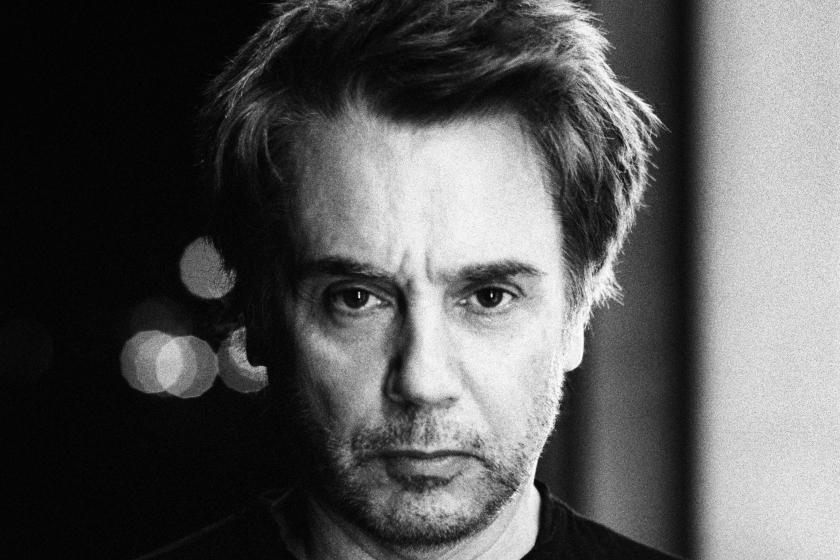CISAC President Jean-Michel Jarre Calls for New Music Business Model in Leading Brazilian Newspaper O Globo

CISAC President Jean-Michel Jarre was recently interviewed by Brazilian newspaper O Globo. Jean-Michel discusses the importance of intellectual property, the impact of the digital era on remuneration and his new album “Electronica 2: The Heart of Noise”. Read the interview, translated from Portuguese, below. The original interview can be read here.
“Intellectual property is the main component of human rights”, says Jean-Michel Jarre.
French Musician Says Music Should Have a New Business Model
Rio de Janeiro - Electronic pop pioneer and artist who has played for 3.5 million people in one concert (in Moscow 1997) and has sold over 80 million records, French musician Jean-Michel Jarre is also a man worried with a society that is being built during the new digital era. To spread that word (and as President of the International Confederation of Societies of Authors and Composers), he has sent a letter in 2013 to then President Dilma Rousseff criticizing the approval of the PLS 129/2012, which suggested amendments to collective management of rights in Brazil.
“Intellectual property is one of the main components of human rights, we should treat it just as we treat ecology”, stated Jarre in an interview to promote his new album, “Electronica 2: The Heart of Noise”. “We should create a new global business model. Music has never generated as much money as it does today for big companies. But what creators earn with it at the end of the year is worth a pizza. This needs to be adjusted. In Brazil, one of the biggest countries in the world, where music and art are so important, the government needs to understand that it cannot kill what generates so much employment and money.”
According the 67-year old French artist, electronic music and politics are closely related.
“I started working with synthesizers during the student uprising in Paris, and that was a type of rebellion against the establishment of classic and rock music”, sayid Jarre, who recorded words from Edward Snowden (the famous data analyst who revealed secrets of the American global surveillance program) for “Exit”, a track on “Electronica 2”. “Snowden made me think about my mother who participated in the French resistance. He says the same things she used to say, in particular that we need to face everything that damages community. We all love technology, but we know it can be used as a tool for governments to control our lives. In my eyes, he’s a modern hero.”
Expert in performing in front of huge audiences, always with astonishing light and sound system (who can forget his laser harp?), Jean-Michel Jarre, however, has never performed in Brazil.
“It has almost become a joke!” he laughed. “For decades, I have been trying to perform there every year. But when the moment comes, it never happens. I love Brazil and I know I have many fans there. I really hope we will finally be able to come here with this tour, which I will be launching at the Sonar Festival in Barcelona in June.”
Inspiration Become Invitees
A keyboard player who put electronic music in dining rooms (and elevators) around the world with the LP “Oxygène” (in 1976, recorded in a home studio), Jean-Michel Jarre came back to records 8 years after in December with Vol. 1 of “Electronica”. On this, tracks where shared with several guests from The Who guitarist Pete Townshend, top of the class producers of new pop like Gesaffelstein and M83. In Vol.2, released at the beginning of the month, guests included Pet Shop Boys, Gary Numan, Primal Scream, Cindy Lauper and Sebastien Tellier among others.
“My idea was to gather musicians that were and still are an inspiration to me, not only in terms of electronic music, but in technology,” explained Jarre. “Everyone agreed, and then, at the end of everything, I ended up with 2 1/2 hours of music and I had to split the work in two albums.”
Both Volume 1 and 2 bring sounds that recall Jean-Michel Jarre’s most famous records and other contemporary music. It’s the result of his method of working.
“I had two goals. I had to meet the artists in person and, before that, compose something with each one of them in my mind”, he said. “The resulting songs were put together in two albums that follow a specific flow of what sounded the best together.”
